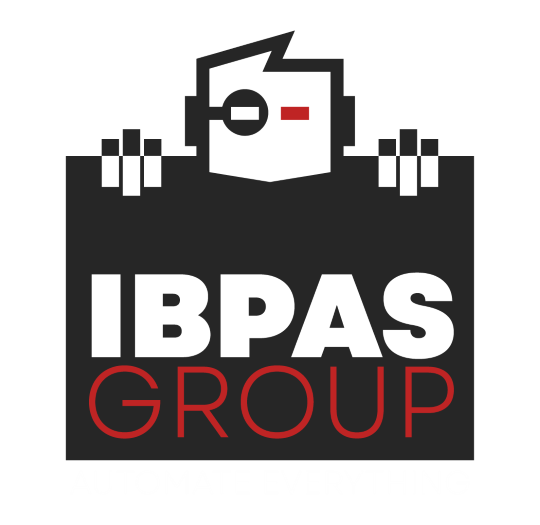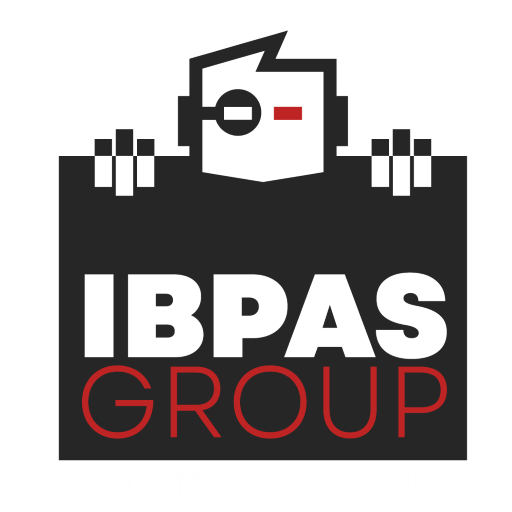Food and Beverage Use Case
Introduction:
In the rapidly evolving world of technology, Intelligent Document Processing (IDP) and Robotic Process Automation (RPA) are reshaping the way businesses operate across industries. The Food and Beverage services or manufacturing sector is no exception. This blog post will explore some of the key use cases for these technologies in this industry.
IDP and RPA – A Brief Overview:
Before we delve into specific use cases, let’s first understand what these technologies mean. IDP is an AI-based technology that enables businesses to extract, process, and understand data from unstructured sources such as documents, emails, and forms. On the other hand, RPA uses software robots or ‘bots’ to automate repetitive, rule-based tasks, thereby increasing efficiency and accuracy.
Use Cases of IDP and RPA in Food and Beverage Service or Manufacturing:
-
Supply Chain Management:
With the vast amount of paperwork involved in managing the supply chain, IDP can be incredibly beneficial. It allows companies to automatically extract data from documents such as invoices, purchase orders, and delivery notes. This not only speeds up the process but also minimizes the risk of human error. Additionally, RPA can automate inventory management, ensuring that stock levels are always adequate and reducing the risk of production halts due to lack of materials.
-
Quality Assurance and Compliance:
The food and beverage industry is subject to strict quality and safety regulations. IDP can be used to process and analyze data from various sources such as lab reports, inspection documents, and compliance certificates. Similarly, RPA can automate routine inspections and quality checks, allowing staff to focus on more complex tasks.
-
Order Processing:
Manually processing orders can be time-consuming and prone to errors. IDP can extract data from order forms, emails, and other sources, ensuring that orders are processed accurately and quickly. RPA can then be used to automate the actual order fulfillment process, from updating the inventory to generating invoices.
-
Customer Service:
RPA can be used to automate responses to common customer queries, freeing up customer service staff to handle more complex issues. IDP can help analyze customer feedback and complaints, providing valuable insights into areas for improvement.
Conclusion:
The use of IDP and RPA in the food and beverage manufacturing industry can lead to significant efficiency gains, cost savings, and improved customer service. As the industry continues to evolve, it is clear that these technologies will play a crucial role in shaping its future.

